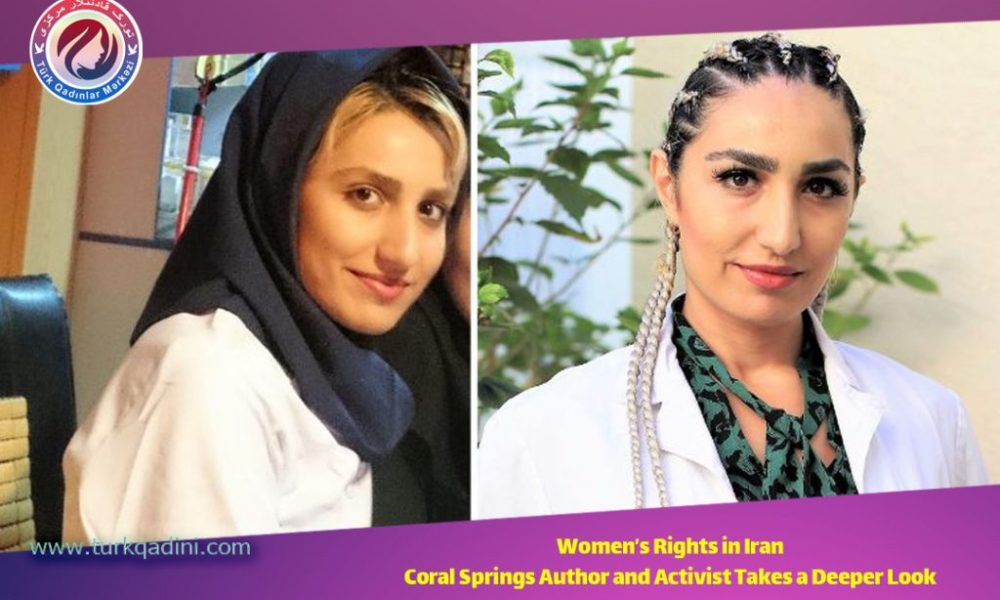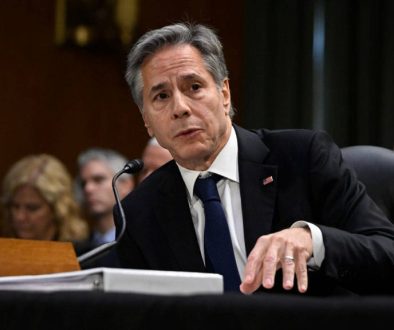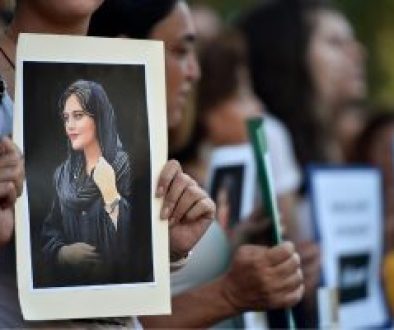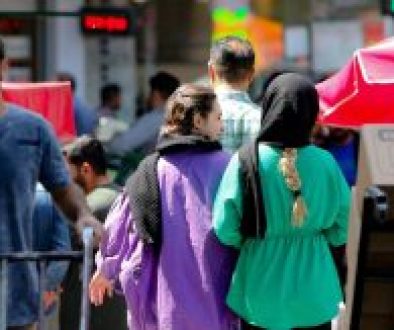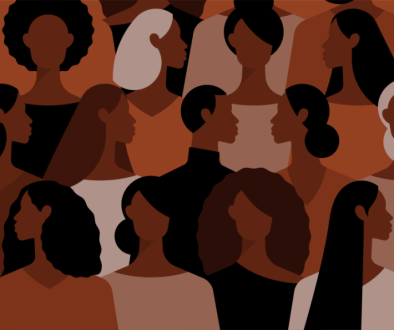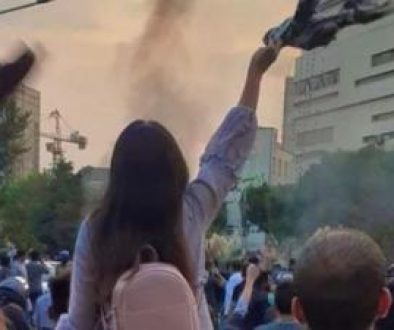Women’s Rights in Iran: Coral Springs Author and Activist Takes a Deeper Look
By Darya Hodaei
I am Darya Hodaei, an Iranian American author and activist of Azerbaijani Turk ethnicity and a current resident of Coral Springs. I would like to share my thoughts and personal experience on the recent developments in Iran, where brave Iranian women have risen to demand their rights.
A continuous wave of protests was sparked recently in Iran by the death of Mahsa (Jina) Amini, an Iranian ethnic Kurdish girl who was killed at the hands of the so-called morality police. This movement was further spread and intensified by more killings, such as that of Hadis Najafi, an Iranian ethnic Azerbaijani Turk girl, by the anti-riot forces.
Globally, on October 1, 2022, Iranians from all around the world showed their support for the ongoing freedom-seeking movement against the Iranian regime’s status quo.
I believe that when discussing the Iranian women’s movements in Iran, it is crucial to recognize their intersectional identities. Just like in America, you cannot accurately capture the struggles of all women simply by looking at the issues of white women. As someone who spent the first 25 years of my life in that society, I can attest to the multilayer struggles of being marginalized due to ethnic and gender identities.
Iran is a multicultural/multilingual country with diverse ethnic groups, including Persians, Azerbaijani Turks, Kurds, Arabs, Baluch, etc. However, the Iranian government officially imposes an educational and administrative system exclusively in Farsi (Persian), which strictly limits and eliminates the striving of numerous other non-Persian languages and ethnic cultures.
There is also a central religion of Islamic Shia which brings a new layer of discrimination against several groups of minority religions. As the legislative and judicial systems are an extension of the religious laws, women are affected far more significantly than men and face many more challenges regarding basic individual freedoms and social and professional activities. Moreover, no existing law truly supports women against sexual harassment, and women are victimized in silence.
A blatant example of this is the questionable death of Zahra Navidpour, an ethnic Azerbaijani Turkic woman from Iran who died suspiciously in 2019, just shortly after she publicly accused a member of the Iranian parliament of sexual assault.
To briefly touch on the issue of ethnic rights, like other non-Persian ethnicities, almost none of the Iranian Turks know how to read and write in their mother language. As an Iranian Turk, I grew up with absolutely no exposure to any education to learn my own language and roots.
After immigrating to the United States and starting a new life in multicultural Florida, I gradually realized the importance of ethnic identity. I found that people from various ethnic groups can have schooling in their mother language. Seeing equal opportunities regardless of ethnic background gave me clarity, and I could break free from my original society’s restrictions.
Central governments’ economic marginalization is another add-on role to eliminating non-Persian women from society in Iran. Women in Iran, mainly from marginalized non-Persian ethnic groups, experience child marriage and become mothers at 13.
Most of the non-Persian women in marginalized areas of Iran like Azerbaijan and Kurdistan do not last at school for long primarily due to the lack of an educational system in their own language, and the poverty in these areas results in their families forcing them into marriage to eliminate the need for financially supporting them.
On the other hand, women from non-Persian ethnic groups who receive post-secondary education in Iran may face an identity crisis in the future due to the lack of education in their mother language at Iran’s schools. Unfortunately, this identity crisis is commonly concealed or masked by these women because they end up in high positions in society and are considered “successful,” which does not allow recognition of their victimization in that system.
Taken together, I believe the current anti-regime movement will need to embrace and acknowledge the significant challenges of gender and ethnic discrimination that have been going on for many generations.
Providing the opportunity and an open platform to women of minority ethnic groups represents an indispensable part of success for any potential outcome for this revolution-to-be. We Iranian activists from various ethnic groups came together in a video to emphasize the importance of intersectional identity.
We welcome all opinions. Send it to Coral Springs #1 Award-Winning News Site Here. Don’t miss reading Margate Talk, Parkland Talk, and Tamarac Talk.
